Last week, Macalester hosted its 25th Annual International Roundtable (IRT), titled Beyond Blood and Skin: The Global Production and Consequences of Race and Racisms. The purpose of this year’s event was to explore race as a social construct and understand the consequences of racism worldwide.
The idea for this year’s IRT came from educational studies professor Brian Lozenski.
“I made it through an educational system –rather successfully – that a lot of my peers didn’t,” Lozenski said. “My success was about very coincidental, arbitrary things that didn’t happen to me that happened to them.”
“When I was able to look at these structures from a macro level,” he continued, “I was able to understand that our education system is negatively racializing people, and doing that work intentionally via biological constructions of race.”
The organization of the IRT was also led by anthropology professor and Associate Dean of the Kofi Annan Institute of Global Citizenship Dianna Shandy. She spent several years conducting race-based research in South Africa and is currently teaching a course on the topic.
“Whiteness is contingent on an experience of blackness, and the ways those experiences have existed in dialogue and conversation,” Shandy said. “This is a conversation we needed to have, and it lined up very nicely with Claudia Rankine’s convocation address and the theme of the faculty retreat this year.”
Internationally renowned scholars of race and racism Dr. Dorothy Roberts, Dr. Rick Kittles and Dr. Premesh Lalu served as plenary speakers. Groups of Macalester students also hosted workshops that explored a wide range of racial constructions and collectives.
One student panel was led by Max Danielewicz ’20, Hannah Hill ’20, Naomi Strait ’20 and Rosie Chittick ’20 and explored the impacts of borders on social perceptions of race. Their session was titled “On the Borders of Race: Rethinking Borders, Boundaries, and Borderlands.”
During their presentation, the group defined borders as socially constructed systems of power and explained their capacity to divide and to cause “othering” in society. Attendees then gathered into small groups to discuss the impact of physical and personal borders within their own lives.
“The idea came from Max,” Strait said, “who just finished a study away program in Tucson [AZ] that looked at borders, specifically the U.S.-Mexico Border. We wanted expand on that concept to talk about how geographic and other conceptual borders shape our perceptions of race.”
Danielewicz’s final project for his study abroad program focused on creating something to share his experiences with peers back home and continue the conversations he had upon leaving Tucson.
“I was aware of the upcoming theme of the IRT, and I saw a lot of potential overlap with my study abroad using this idea of borders and our very strict definitions of them,” he said. “I thought I’d plan a workshop for a grade, and then actually do the workshop at Mac.”
Other sessions focused more narrowly on particular racialized identities. Jennings Mergenthal ’21, Claire Menard ’21 and Samantha Manz ’19 hosted a workshop titled “Blood Quantum and Identity Politics: What Does it Mean to be Native in 2018?”
“For us, this was a great visibility event,” Manz said. “People seem to forget that Native people exist, and that we have them on our campus. We wanted people to leave with a better understanding of what native issues are, but also who native people are.”
The three panelists began by deconstructing common preconceived notions and stereotypes of indigenous people. Each presenter then shared a rich personal story to give perspective to the current problems facing Native Americans in the United States.
“Indigeneity, especially for Native Americans, is often construed as only a racial or cultural identity, which is wrong,” Mergenthal said. “Ours is a deeply political identity, and, to simplify or designate it into the category of race or culture is representative of an aggressive colonial attitude.”
For faculty advisors like educational studies professor Sonia Mehta, the IRT served as a means to foster personal discussions with her students both inside and outside the classroom. She mentored Swopnil Shrestha ‘21 and Adele Welch ‘21, who led a workshop titled “Anti-Racist Pedagogical Tools and Practices.”
“Conversations like this are usually safe and divorced from our own realities in many ways,” Mehta said. “We tend to think about very uncomfortable things like racism on a dislocated level so that we can theorize about them. In the IRT, they were able to help people understand where they are as a person on the spectrum and allow for personal reflection, growth and change.”
Participants and organizers made it clear that Macalester’s work towards racial justice is just beginning – and that this work must go beyond its mission of embracing diversity and multiculturalism on its campus.
“Macalester has a very diverse campus, and yet it’s still a predominantly white institution with very narrow cultural norms,” Lozenski said. “This isn’t about bringing in more students, faculty or staff of color, nor is it about representation. It’s about challenging who has power and who can make change and taking that leap of faith to disrupt these norms.”
That work, as Mehta pointed out, will take everyone at Macalester.
“The themes that are coming out of these roundtables are college-wide,” Mehta said, “and the discussions that we have [at the IRT] are just as important as the ones we have in the classroom.”
Lozenski cited conversations about the racial implications of standardized language constructs and the image of a “normative student” at Macalester as evidence of these discussions.
“There’s this concept that comes out of West African and Ghanaian knowledge systems known as Sankofa,” he said, “that basically means that you need to be able to move forwards while always looking backwards at your own history.”
“In order for Macalester to say it’s on a track to racial justice,” he continued, “we have to address how we’re accounting for the people that have not had the benefit of being Macalester students.”
Mehta concurred.
“If history has shown you to be an oppressor, without you actively oppressing anyone, how will you deal with that going forward?” she asked. “The IRT is really good at taking difficult ideas and moving towards action, but what we need is a college-wide repository of the learning that comes with this.”
“Our actions all mean nothing until they all mean something.”



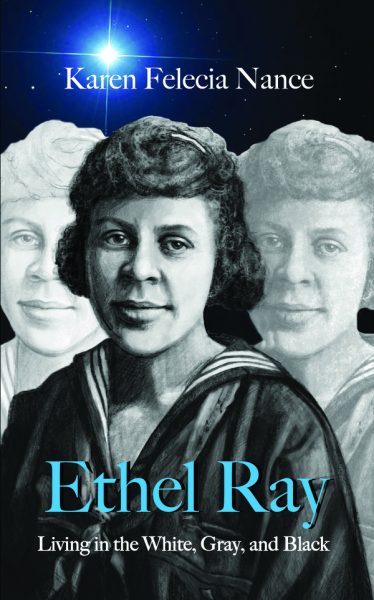
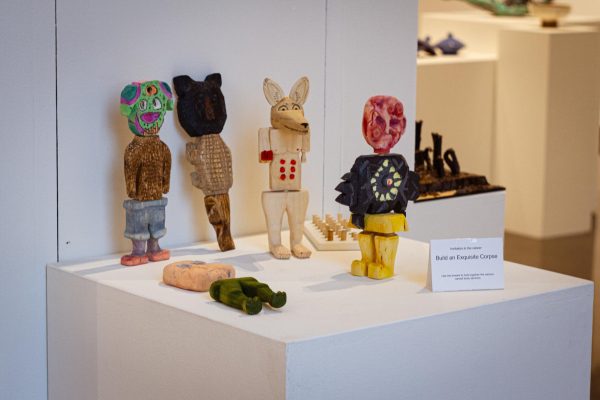

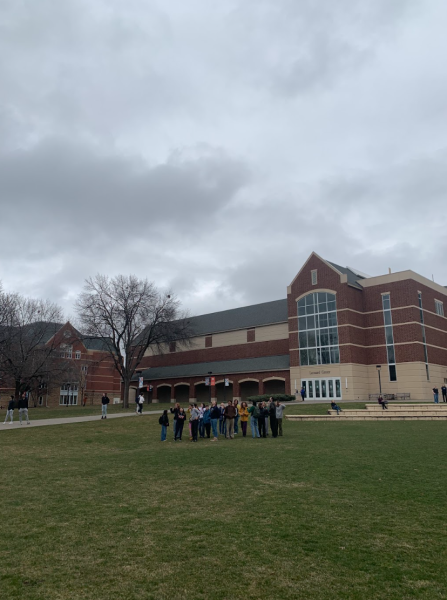

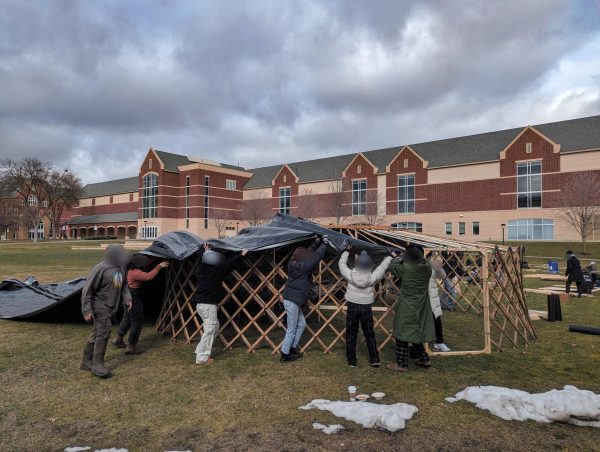




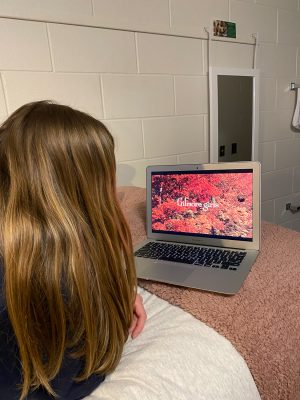
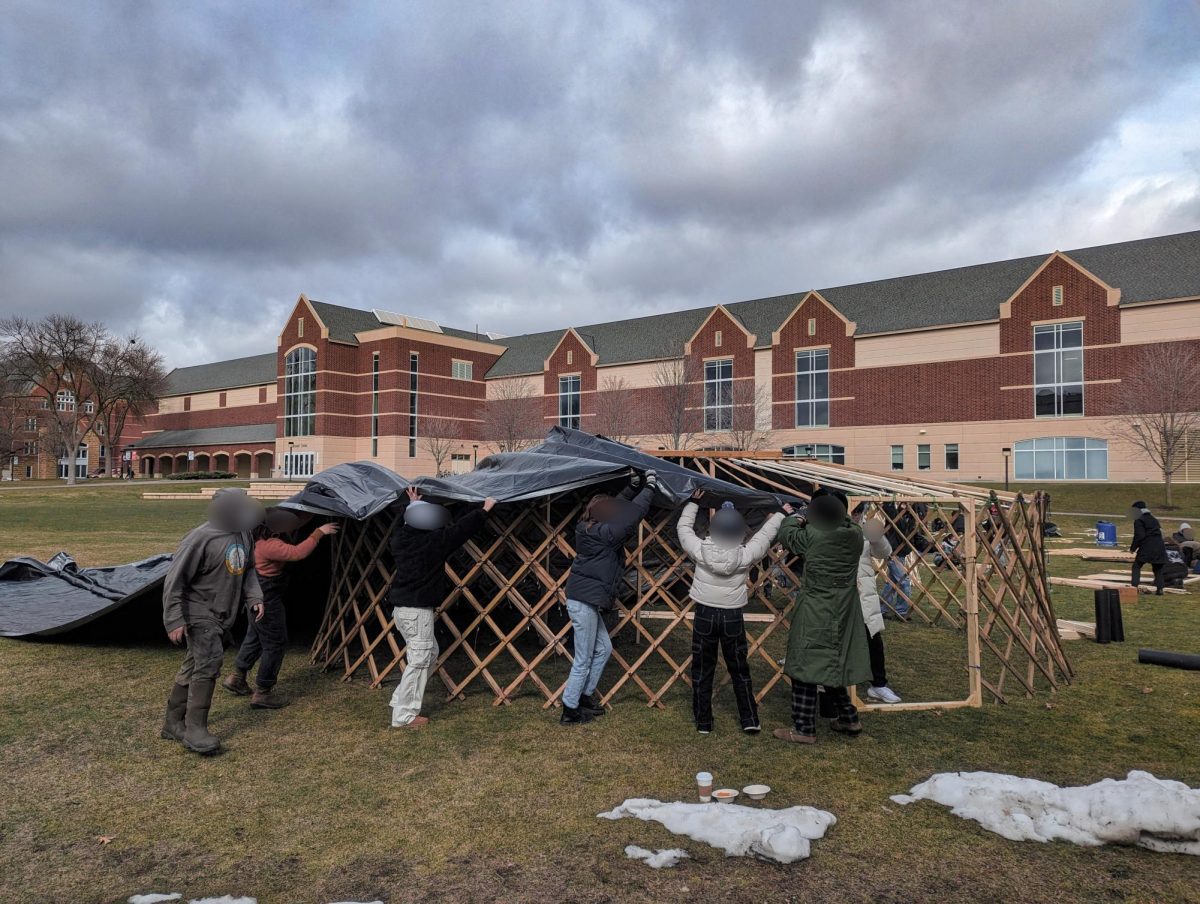


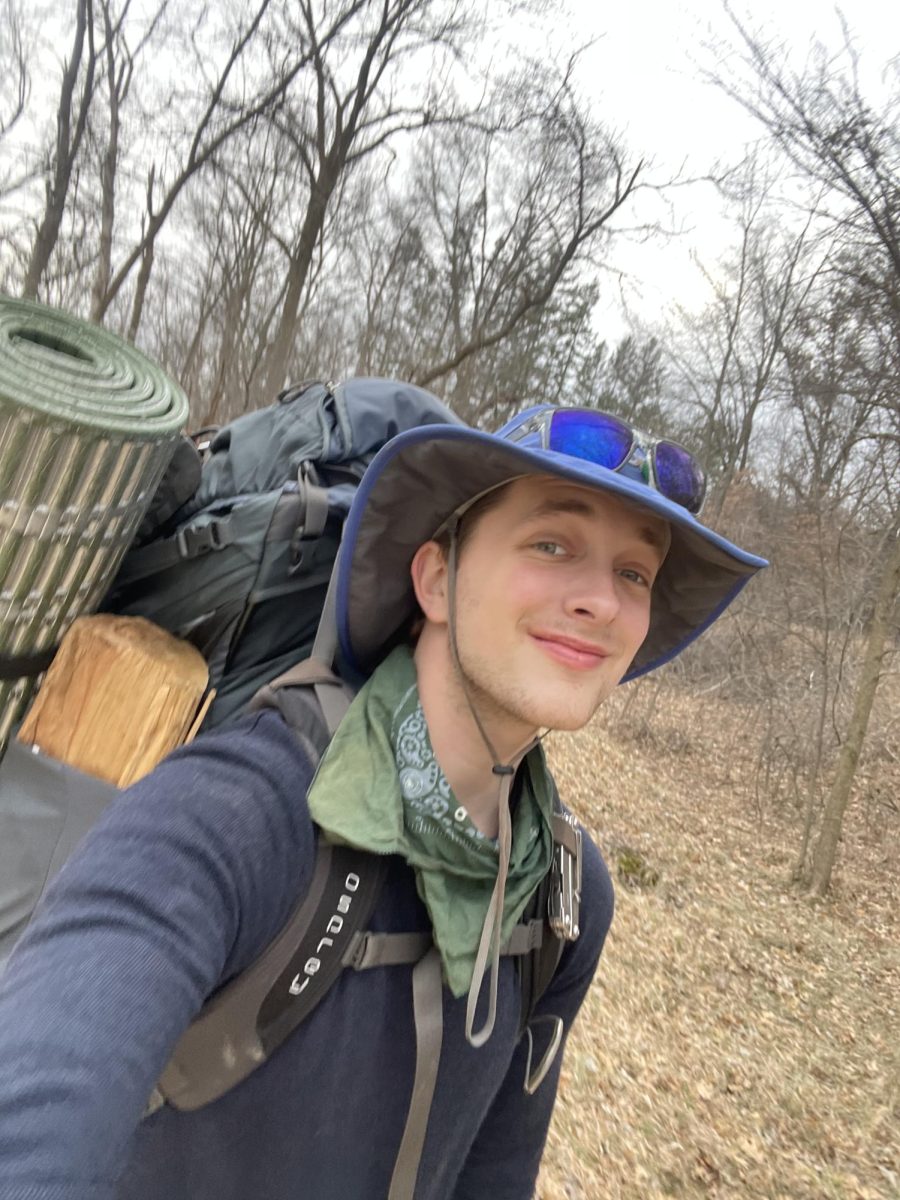
Leah Sharp • Sep 11, 2019 at 1:56 pm
I got this web site from my buddy who informed me concerning this web site and now this time I am browsing this website and reading very informative articles or reviews at this place.
Molly Parr • Sep 10, 2019 at 8:19 am
I have learned new things through your blog. One other thing I want to say is always that newer laptop or computer os’s are likely to allow far more memory for use, but they likewise demand more storage simply to run. If people’s computer can not handle extra memory as well as the newest program requires that ram increase, it might be the time to shop for a new Computer. Thanks
Chloe White • Sep 6, 2019 at 9:51 am
Thatís actually a pleasant video pointed out within this paragraph concerning how to write a piece of writing, thus i got clear idea from here.
Jayna Decarlo • Jul 22, 2019 at 8:12 pm
Mass parsite http://bit.ly/2W9CVkn